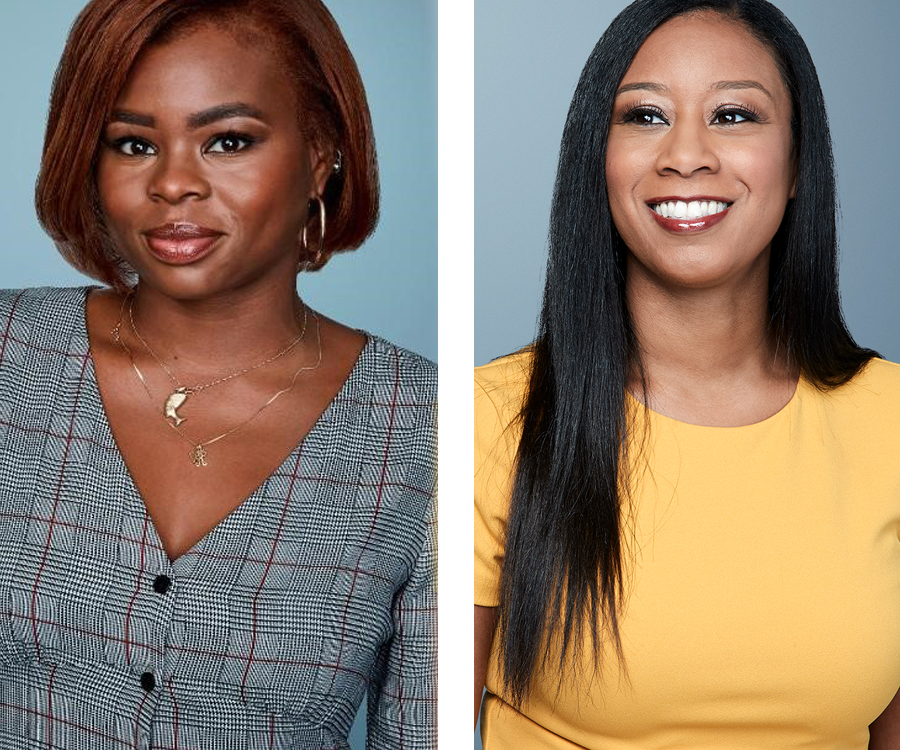Gwen Ifill was co-moderating a 2016 Democratic presidential primary debate when she turned to one of the candidates, Sen. Bernie Sanders, and raised a provocative topic.
“When we talk about race in this country, we always talk about African Americans, people of color,” Ifill said. “I want to talk about white people, OK?”
“White people?” Sanders responded, seemingly caught off guard.
Ifill noted that many white, working-class Americans were feeling challenged by unemployment, growing mortality rates and addiction, and she wondered if Sanders felt they had a reason to feel resentful. The question prompted a lively exchange that went viral and helped illuminate the differences between the Vermont senator and other candidates in the race.
For Pamela Kirkland, it was a quintessential Gwen Ifill moment.
“Gwen Ifill was smart, stern, thorough and armed with facts,” said Kirkland, who, at the time, worked as a producer on “PBS NewsHour,” the nightly news program that Ifill co-anchored.
One of Ifill’s strengths was drawing unscripted responses from politicians accustomed to comfortably sticking to talking points, Kirkland said.
“She was good at thinking outside of the box and digging deeper. She felt it was our responsibility as journalists to unearth things,” she said.
Kirkland, who is now a field producer for CNN, is one of many journalists who counted Ifill as a mentor and who has spent time reflecting on her legacy since the Postal Service released a stamp honoring her.
The stamp debuted in late January, in time for African American History Month in February and Women’s History Month in March.
“The stamp is … such a deserving acknowledgement of how she paved the way for so many journalists. She was [an] absolute icon of journalism,” said Jasmine Wright, a CNN video producer who previously worked with Ifill on “PBS NewsHour.”
Like Kirkland, Wright remembers how Ifill held herself — and her colleagues — to the highest standards.
“She was a tough journalist,” Wright said. “There were times when she would say, ‘You need to rework that story. It’s not getting to the point.’”
In the case of the 2016 Democratic debate, Wright recalled how the question on race relations emerged after hours of preparation.
“We were struggling to find a good question on race,” Wright said. “Gwen was really adamant that it needed to be a question that hadn’t been asked before. It needed to be a question that was introspective.”
Kirkland and Wright each grew up watching Ifill when she was a political reporter for NBC News, and both said she inspired them to become journalists, just as Melba Tolliver — a pioneering WABC-TV reporter — inspired Ifill when she was a young girl.
“I didn’t see very many faces who looked like me on TV when I was growing up,” Kirkland said. “Gwen Ifill was an inspiration for so many young black girls, like me, who looked to her as an example.”
Since her death in 2016, Ifill has received many honors, although Kirkland and Wright both suspect the stamp would have held a special place in her heart.
“Gwen was a collector of sorts,” Kirkland said. “Viewers would send her little keepsakes that she would show off in her office. She kept press badges from presidential inaugurations and political events.”
She added: “This stamp is my own keepsake — something that I will cherish and use to remember Gwen Ifill’s legacy forever.”

